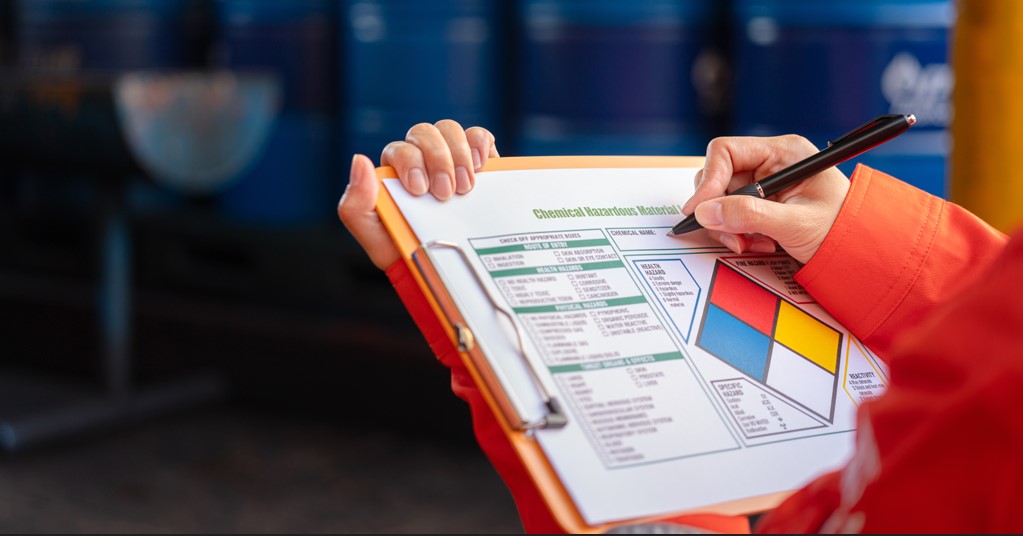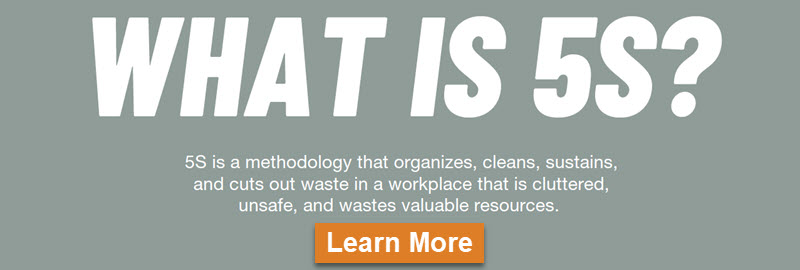
California Updates Workplace Lactation Room Rules

The US Department of Health and Human Services, the American Academy of Pediatrics and the World Health Organization all recommend feeding infants breast milk exclusively for the first 6 months after birth, and also recommend breast milk continue to be part of an infant’s diet until age 1 or 2 years. In the U.S., seventy percent of mothers participate in the workforce, so workplace accommodations for nursing moms are a real concern for employees and employers alike.
New California Lactation Room Requirements
Effective in January 2019, California Assembly Bill 1976 amended Labor Code Section 1031 to match federal Fair Labor Standards Act (FLSA) requirements that workplace lactation areas must be somewhere other than a restroom. The lactation accommodation law applies to all employers in the state regardless of size – and an employer who violates the California lactation accommodation law may be penalized $100 per violation by the state labor commissioner. These are the current California requirements under Chapter 3.8. Lactation Accommodation:
An employer shall make reasonable efforts to provide an employee with the use of a room or other location, other than a bathroom, in close proximity to the employee’s work area, for the employee to express milk in private. The room or location may include the place where the employee normally works if it otherwise meets the requirements of this section.
An employer who makes a temporary workplace lactation location available to an employee shall be deemed to be in compliance with this section if all of the following conditions are met:
- The employer is unable to provide a permanent lactation location because of operational, financial, or space limitations.
- The temporary lactation location is private and free from intrusion while an employee expresses milk.
- The temporary lactation location is used only for lactation purposes while an employee expresses milk.
- The temporary lactation location otherwise meets the requirements of state law concerning lactation accommodation.
An agricultural employer, as defined in Section 1140.4, shall be deemed to be in compliance with this section if the agricultural employer provides an employee wanting to express milk with a private, enclosed, and shaded space, including, but not limited to, an air-conditioned cab of a truck or tractor.
If an employer can demonstrate to the department that the requirement to provide the employee with the use of a room or other location, other than a bathroom would impose an undue hardship when considered in relation to the size, nature, or structure of the employer’s business, an employer shall make reasonable efforts to provide an employee with the use of a room or other location, other than a toilet stall, in close proximity to the employee’s work area, for the employee to express milk in private.
If the nursing employee’s work space meets the requirements (such as a private office), the requirement is satisfied. Another bill that proposed extensive requirements for workplace lactation rooms was passed by the legislature but vetoed by the governor.
Identifying a Workplace Lactation Room
Workplace lactation laws require employers to provide a private location, other than a bathroom, that is in close proximity to the employer’s work area. California requires the location to be free from intrusion while in use, so relevant signage is a must.
ComplianceSigns.com offers a wide selection of lactation room signs to identify these rooms for employees and inspectors. ADA Standards require that signs designating permanent rooms and spaces must have raised characters and Braille, so if you plan to create a permanent lactation room with a sign, a braille sign is a good choice.
Our workplace lactation room signs are available in a variety of styles, formats and materials, including ADA Braille, sliding engraved signs that show if the room is in use, and printed signs a many colors.
California Lactation Break Time Rules
California law states that every employer, including the state and any political subdivision, shall provide a reasonable amount of break time to accommodate an employee desiring to express breast milk for the employee’s infant child. The break time shall, if possible, run concurrently with any break time already provided to the employee. Break time for an employee that does not run concurrently with the rest time authorized for the employee by the applicable wage order of the Industrial Welfare Commission shall be unpaid. An employer is not required to provide break time if doing so would seriously disrupt work operations.
An employer who violates any provision of this chapter shall be subject to a civil penalty in the amount of one hundred dollars ($100) for each violation. If, upon inspection or investigation, the Labor Commissioner determines that a violation of this chapter has occurred, the Labor Commissioner may issue a citation. The procedures for issuing, contesting, and enforcing judgments for citations or civil penalties issued by the Labor Commissioner for violations of this chapter shall be the same as those set forth in Section 1197.1. (c) Notwithstanding any other provision of this code, violations of this chapter shall not be misdemeanors under this code.
Federal Lactation Regulations for Employers
Section 7 of the Fair Labor Standards Act (FLSA) requires employers to provide reasonable break time for non-exempt employees to express breast milk for their nursing children for one year after the child’s birth each time the employee has need to express. Employers are also required to provide a place, other than a bathroom, that is shielded from view and free from intrusion from coworkers and the public, which may be used by an employee to express breast milk. Employers with fewer than 50 employees may be exempt if compliance would create undue hardship.
The FAA now requires all large- and medium-sized airports to provide a clean, private, non-bathroom space in each terminal for the expression of breast milk. Many states have additional laws related to breastfeeding and expressing milk in the workplace. The FLSA requirements do not preempt State laws that provide greater employee protections.
Some Cities Have Additional Ordinances
Although federal lactation laws apply across all states, many states and even some cities have created additional rules and requirements regarding workplace lactation accommodations. San Francisco’s Lactation in the Workplace Ordinance includes rules in addition to federal and state requirements. Employers must provide a lactation space that:
- Is safe, clean and free of toxic or hazardous materials
- Contains a surface to place a breast pump and personal items
- Contains a place to sit
- Has access to electricity
- Includes access to a sink with running water and a refrigerator in close proximity to the employee’s workspace
In addition, San Francisco employers must create a written lactation accommodation policy that is provided to employees upon hire, included in an employee handbook and given to any employee who inquires about or requests parental leave. Resources, including model forms, are available from the San Francisco Department of Public Health.
The New York City Council recently passed a bill to require employers covered by the Human Rights Law to provide workplace lactation rooms, as well as refrigerators, in reasonable proximity to work areas for the purposes of expressing and storing breast milk, but the mayor did not sign it.
Breastfeeding Laws in Other States
Twenty-nine states, the District of Columbia and Puerto Rico have laws related to breastfeeding in the workplace. (Arkansas, California, Colorado, Connecticut, Delaware, Georgia, Hawaii, Illinois, Indiana, Louisiana, Maine, Minnesota, Mississippi, Montana, New Hampshire, New Jersey, New Mexico New York, North Dakota, Oklahoma, Oregon, Rhode Island, Tennessee, Texas, Utah, Vermont, Virginia, Washington and Wyoming.)
Puerto Rico requires shopping malls, airports, public service government centers and other select locations to have accessible areas designed for breastfeeding and diaper changing that are not bathrooms. Louisiana’s law requires state buildings to provide suitable areas for breastfeeding and lactation. Some states have laws requiring schools to provide reasonable accommodations to lactating pupils, and there are many more laws addressing public breastfeeding.
Resources to Help Employers Take Care of New Moms
A number of resources are available to help employers learn and follow the rules to help new moms. Check these links for additional information on a variety of topics:
- California Department of Public Health Info for Employers
- Employer Policy Toolkit from Breastfeed LA
- U.S. Department of Labor, Break Time for Nursing Mothers
- Ideas for providing break time and space in various industries
- Lactation accommodation Q & A from the California Dept. of Industrial Relations
- Information on breastfeeding laws in other states
- US Dept of Health and Human Services, Supporting Nursing Moms at Work
- Lactation Room signs at ComplianceSigns.com

